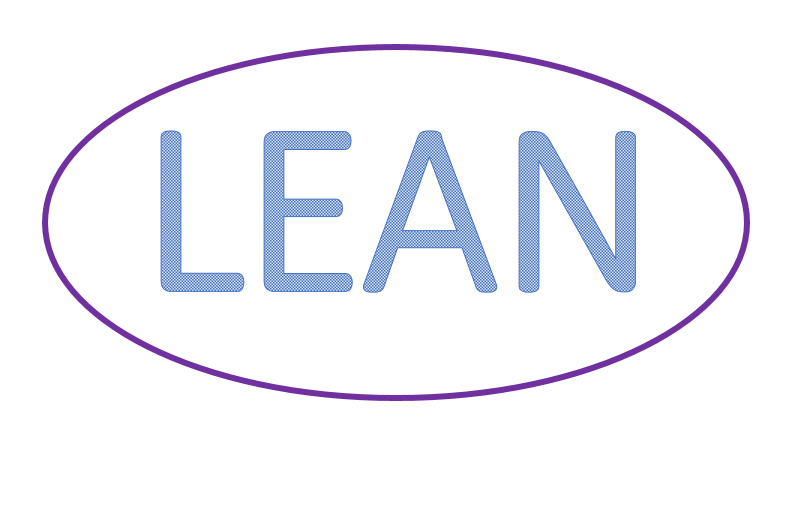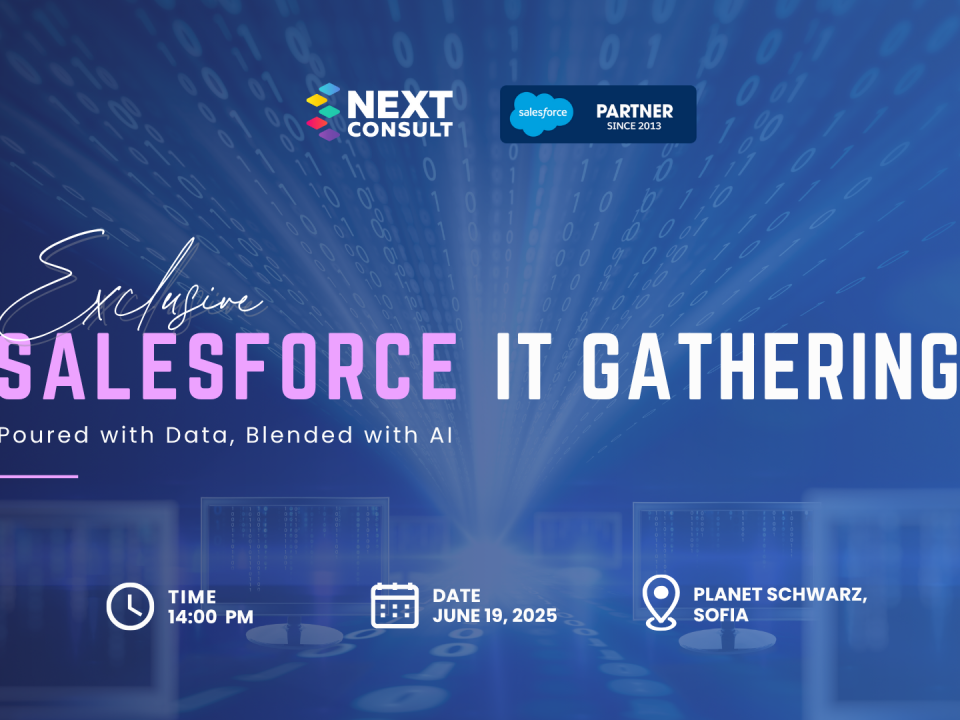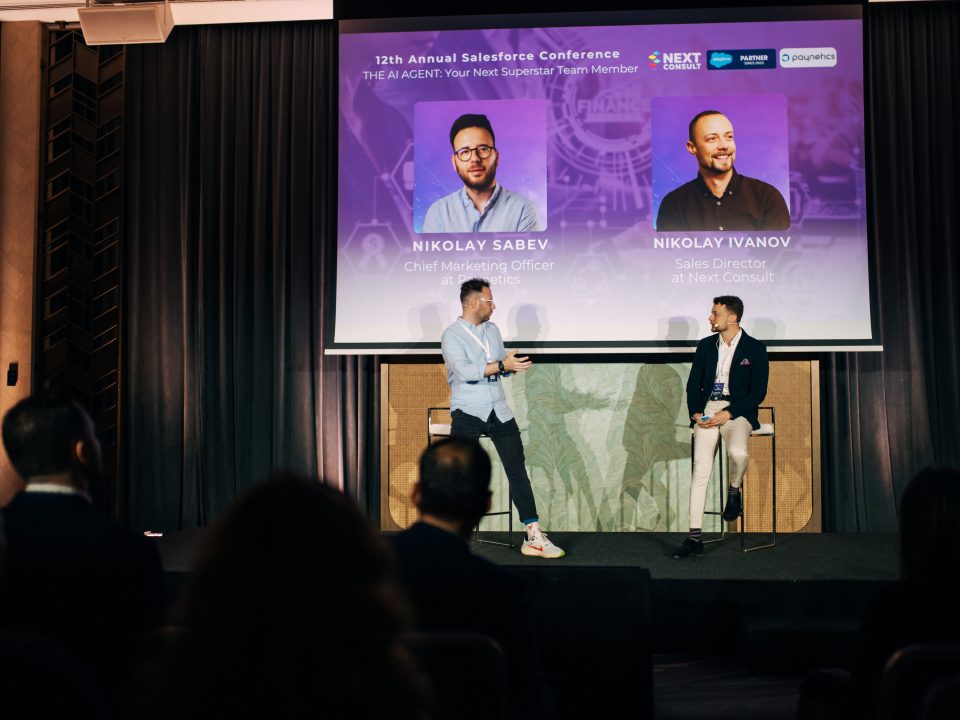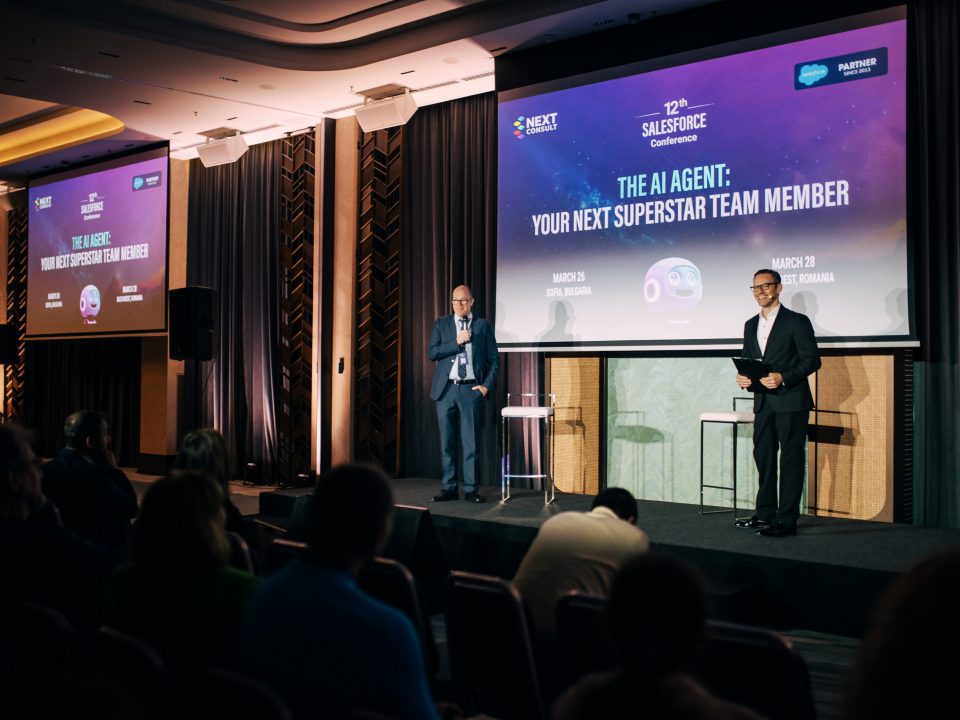
KAIZEN - THE PURSUIT OF CONTINUOUS IMPROVEMENT
Created in Japan, this approach aims to eliminate defects, minimize loss and improve the productivity of the production process.

The history of Kaizen
Kaizen is an approach that allows you to build an environment focused on continuous improvement through the cyclical application of small changes, the accumulation and persistence of which can lead to tangible improvements in work efficiency and quality. This approach differs from the traditional approaches that use radical methods to achieve a change in the way we work and the organization of the company as a whole. It emphasizes mostly on the cooperation and commitment, and the overall transformation of the company culture and thinking of the employees at all levels in the organization - from the highest to the lowest.
The idea was born from the needs of the manufacturing sector, especially the automotive industry, and is at the heart of the so-called "lean" production and "Toyota Production System". However, its application covers a number of industries and business activities.

Kaizen uses a variety of approaches and tools, such as Value Stream Mapping, which documents, analyzes and improves information flows and inventory movements; Total Quality Management - management practice focused on quality improvement, and many others.
Regardless of the methodology used, the successful application of the Kaizen principles relies on the support of the entire organization, from the executive director through middle management to the machine worker or service personnel.
The word "kaizen" is actually made up of two Japanese words that together translate as "good change" or "improvement", but over time it takes on the meaning of "continuous improvement" because of its many associations with the lean methodology and its principles.
The 10 principles of Kaizen
Since the implementation of Kaizen requires a change of the company’s culture, 10 principles of the "Kaizen" way of thinking are usually accepted as the basis of this philosophy, namely:
1. Let go of assumptions.
2. Be proactive about solving problems.
3. Don't accept the status quo.
4. Let go of perfectionism and take an attitude of iterative, adaptive change.
5. Look for solutions as you find mistakes.
6. Create an environment in which everyone feels empowered to contribute.
7. Don't accept the obvious issue; instead, ask "why" five times to get to the root cause.
8. Cull information and opinions from multiple people.
9. Use creativity to find low-cost, small improvements.
10. Never stop improving.
How does Kaizen work?
Kaizen is of the opinion that everything can be improved and there is no such thing as a status quo, and it is based on the principle of "Respect for People".
The approach covers the identification of problem areas and opportunities for improvement, finding solutions and their gradual implementation elsewhere in the company. Going through this process is cyclical and each improvement is periodically performed again in search of imperfections and areas for improvement. There is a Kaizen cycle for continuous improvement, which provides a systematic method for carrying out the process - from identifying the problem to finding possible solutions, testing them, analyzing the results and so on and so forth on the path to perfection.
The advantages of Kaizen
• Kaizen encourages thorough process inspection so that errors and losses are minimized. And the fewer mistakes there are, the less need for constant monitoring.
• The more delicate approach to change, which Kaizen focuses on, often has a greater and longer-term positive effect on the company than the "forceful" approach, which requires enormous efforts for mass, rapid implementation and usually provokes resistance to change and retreat.
• The morale of the company's employees improves because Kaizen focuses on the person's values, purpose and beliefs. In addition, teamwork improves because employees are placed in an environment that allows them to think beyond the day-to-day concerns of their department alone.
• The focus on the customer is expanding as employees begin to better understand customer requirements and needs. And the approaches and management systems applied, ensure that improvements are encouraged in both the short and long term.
One of the most widely used methodologies for implementing the Kaizen approach is the Japanese 20 keys methodology. Each of the keys sets for best business practices that unlock the company's potential to build a Kaizen culture in which the company does not compete with its competitors, but only strives for excellence.





